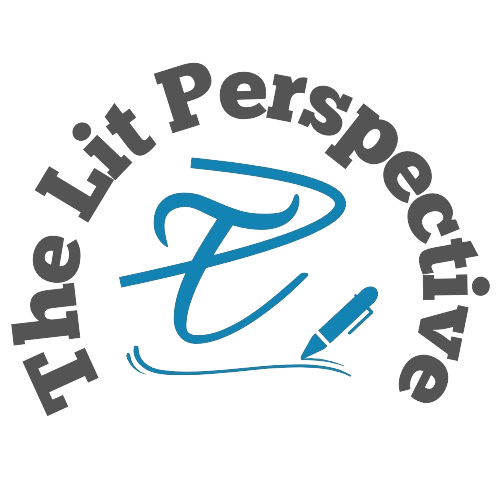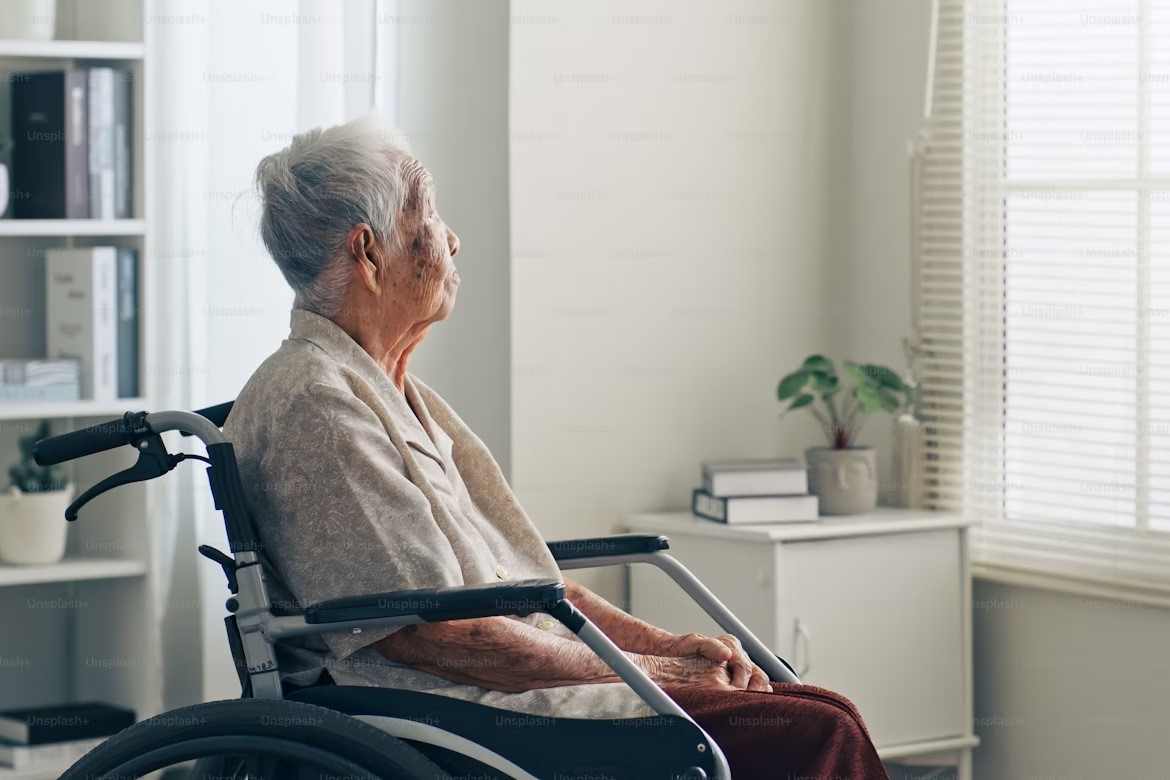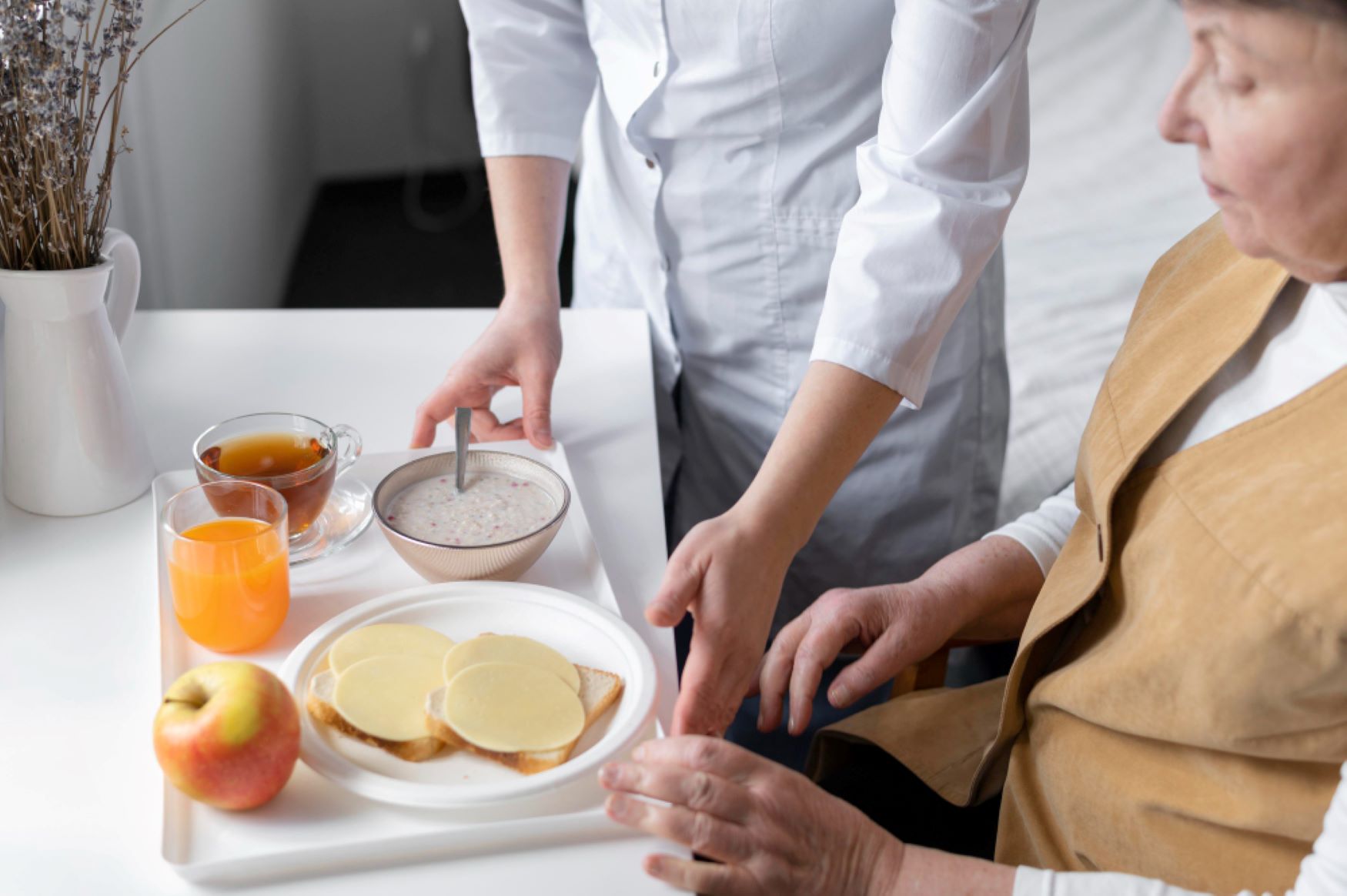TheLitPerspective is your one-stop shop for everything that ignites the spark of curiosity within you.
Activities for Brain Health: Helping the Mind With Dementia

Experiencing the progression of dementia can feel like letting oneself slip from one’s grip. With the worsening of memory, intellect, and the totality of their cognitive abilities, people may feel as though they’ve lost touch with themselves with the illness. It’s having to grapple with their sense of reality, on top of constantly making sure they aren’t losing themselves with the progress.
Dementia is a life-changing disease. Yet, unfortunately, a cure still isn’t found. Treatments and medications exist. However, consistently doing activities for brain health is a sustainable and effective way to slow down its effects.
The Hefty Weight of Lifestyle for People With Dementia
How life-changing dementia is doesn’t only have to be due to its consequences or the brain’s reaction to the disease. Instead, this can also be because dementia prompts lifestyle changes for the people living with it. Whether it’s as a workaround for the disease’s immense impact or as a last resort to save individuals’ cognitive functions, dementia demands changes from people.
Partaking in activities to strengthen cognitive and daily functions is one of those.
Given the nature of the disease, mental stimulation is hugely beneficial for these people. Dementia is characterized by progressive deterioration in mental and physical function, and it requires them to consistently utilize their brains. It’s a no-brainer. The more people keep their minds active, whether this is making decisions or doing activities for brain health, the sharper their brains become. All of these decelerate their cognition’s decline.
Hence, a change in lifestyle would be most beneficial to cater to this demand.
This suggests that they may have to establish a clear routine, which will provide them with a sense of control. They can also simply sprinkle their days with novel activities to keep their minds running. Incorporating any of these in their daily lives will ensure that they can still engage in their functions and communicate.

So, what are these activities for brain health that people living with dementia can partake in?
What Are Brain Boosting Activities?
Any activity that is consistently practiced can be considered brain-boosting and mentally stimulating. However, when it comes to brain health activities to combat dementia and cognitive decline, some fare better than others.
Author Warren A. Patton discusses these in his comprehensive guidebook about the disease, Dementia Help Guide. The book makes the complex disease more comprehensive and manageable for families and individuals suffering from it. Throughout the book, the author enumerates what these individuals can do to improve their memory, skills, and overall ability to function despite their illness.
When choosing these activities for brain health, people shouldn’t only focus on their complexities. Instead, they must also prioritize the individual’s ability to focus on joy. These activities shouldn’t just sharpen their cognitions but also remind them about the beauty of life. They should be the least creative, reminiscing of memories and fulfilling to people living with dementia.
Arts and Crafts Activities
One way to keep dementia patients engaged and happy is by delving into past interests and talents. It’s recommended that families or caregivers deeply understand their loved one’s hobbies so these activities for brain health will be tailored to them. Dementia may impair people’s mental functions, but some activities have already been deeply engraved in their lives, and a simple do-over will spark memories and functions.
These can include painting, playing with clay, or even creating collages. Dementia may be risky and heavily influential in people’s lives, but this shouldn’t stop them from doing things they love or trying something new.

Reminisce Activities
For people with dementia, memories feel like something so close yet so far. They seem familiar but, likewise, something they can’t quite put their fingers on. This can be extremely distressing for these individuals.
To not add any more agony to their hearts, families or caregivers can give them reminiscence therapy activities for brain health. This way, the chances of them recalling cherished memories will increase, which will not only make them happy but also exercise their cognitive abilities.
This can include a fun movie night with nostalgic movies, which are right up their alley. They can also listen to music, especially those that were popular during their prime. These entertainment materials help awaken the brain while keeping these individuals happy.
Fulfilling Activities
Brain-boosting activities don’t only include puzzles or intellectually stimulating activities. Instead, they can also involve fulfilling activities that remind them of their autonomy throughout their days. These activities aren’t only for brain health but will also be helpful for their quality of life and self-worth. Activities like these will make them feel productive, combatting their thoughts of unworthiness.
People living with dementia can be tasked with routine activities like folding laundry or cleaning around the house. These not only stimulate their brains but may also evoke comforting memories. They can start with uncomplicated tasks until they’re better, at which point they can move to more challenging ones.
These fulfilling activities may even be as simple as reading or writing, those tasks that they had always done before and are only jumping back on despite their disease.

The Importance of Activities for Brain Health
Stimulating the brain plays a consequential role in the cognitive function of people living with dementia. Hence, partaking in these activities is science-backed and proven to be effective in reducing or even slowing down the progress of the illness. Although the disease is a serious matter and may be heavily detrimental to individuals, they shouldn’t be made to feel useless or without autonomy. Instead, they should still be given bits of their lives to control and still enjoy.
If you’re interested in knowing more about dementia and how to help people living with it cope, grab a copy of Warren A. Patton’s Dementia Help Guide now!

Witty and whimsy. As a writer, Mia finds a pleasant balance between clever and creative. With years of experience under her name, she aims to add meaning to your life through the articles she writes.







